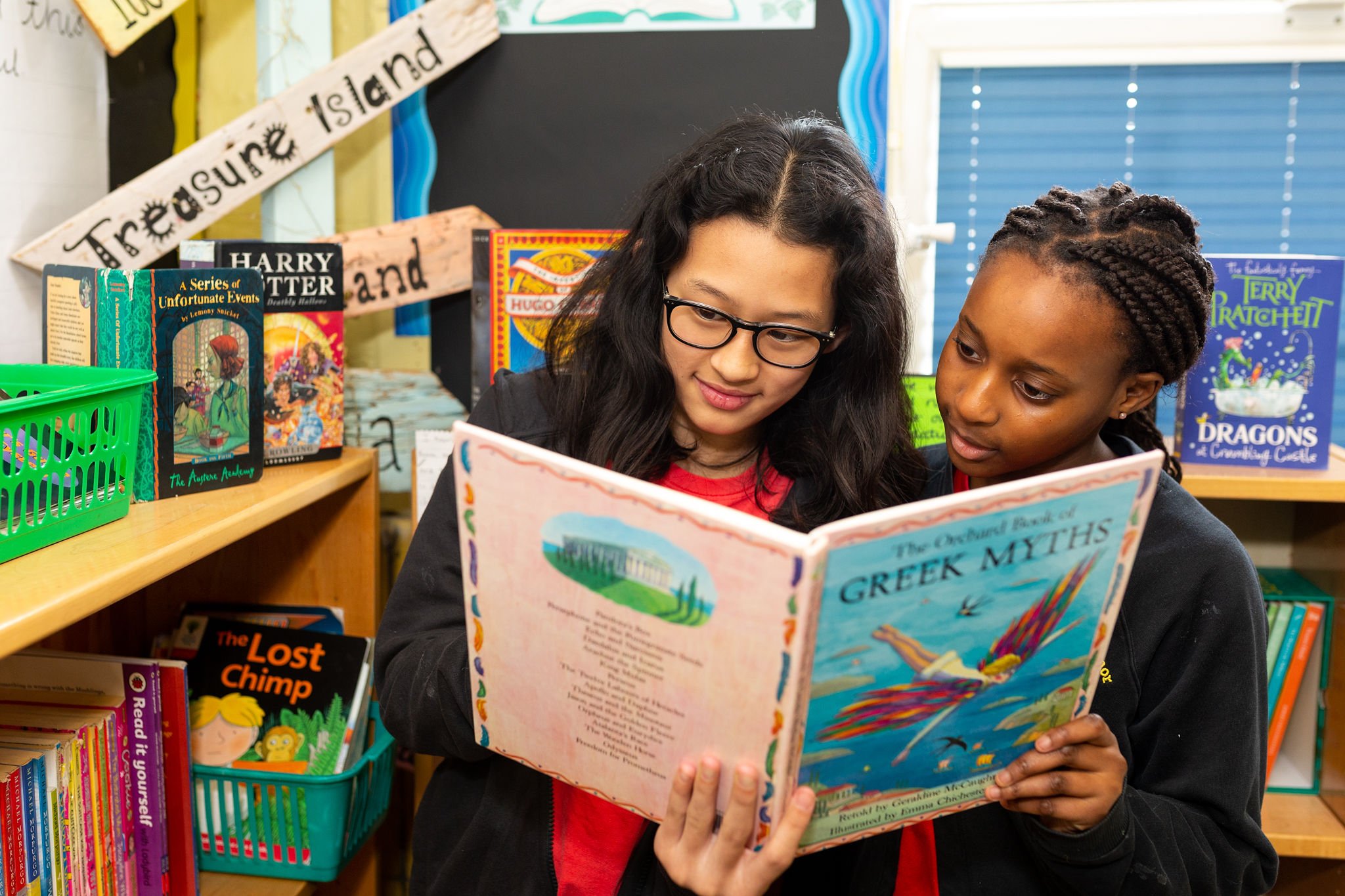
English KS2
Overview
At Charlton Manor, children are exposed to a broad range of high quality texts both within and outside of lessons. They have opportunities to read for both pleasure and purpose and develop their skills as writers, writing for a range of audiences and purposes across a wide range of genres. We achieve all this through a curriculum which develops reading and writing skills progressively.
To encourage a love of reading, story time happens every afternoon at the end of the day. Books are selected from a list of high quality texts (including classic literature, modern texts, poetry and texts from other cultures), which are often at a level slightly beyond what some of the children can read independently. Book club assemblies happen in each class on a bi-weekly basis, and have the sole aim of developing children’s ability to talk about books, share their own experiences of reading, voice their own opinions and expand their knowledge of children’s literature. This is also done through bi-weekly library sessions, where children have the opportunity to read for pleasure, picking whichever book they would like to read and getting lost in it. For KS1 children, there are also book trolleys available at lunch times, so they can take a book and read wherever they would like to.
In terms of specifically developing reading skills, guided reading sessions happen twice a week across KS1 and KS2, allowing children to learn key reading skills and to see them modelled explicitly by the teacher. These sessions are dialogue-focused and develop children’s fluency, comprehension and exposure to relevant, high quality texts. These skills are further developed in afternoon interventions if necessary, using Nelson comprehension books for struggling readers and Project X Code for those children who are significantly behind their peers.
In English lessons, writing is focused around high quality core texts, as well as a range of other possible reading materials which teachers can select from. ‘Working at’ examples of different writing genres for each year group are provided for teachers so children can identify features and use these in their own writing, ensuring progression between year groups. Teachers also have to teach specific non-fiction genres in specific terms, as well as teaching narrative at least three times over the course of the year, which ensures genre coverage and allows children to develop as both readers and writers.
Pupil Voice
Year 3:
'I really enjoyed reading and writing about Ug.'
Year 4:
'I enjoyed doing Alice in Wonderland. I found it quite easy because I’d watched the film and read the book.'
'I enjoyed learning about the Jabberwocky.'
Year 5:
‘I loved making a book of Greek myths after writing our own stories.’
‘I liked drawing our own Greek heroes and then writing about them.’
Year 6:
‘I loved the descriptive writing because I can fit a lot of my ideas in there.’
‘I enjoyed doing the speeches for The Island because I was able to get into the role of the character.’
(Pix needed from current site)
